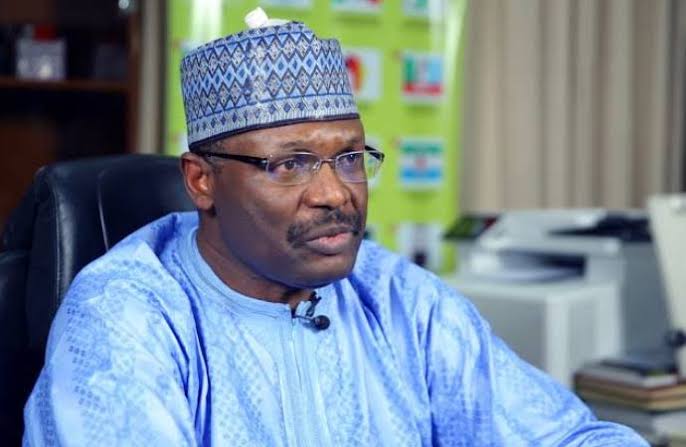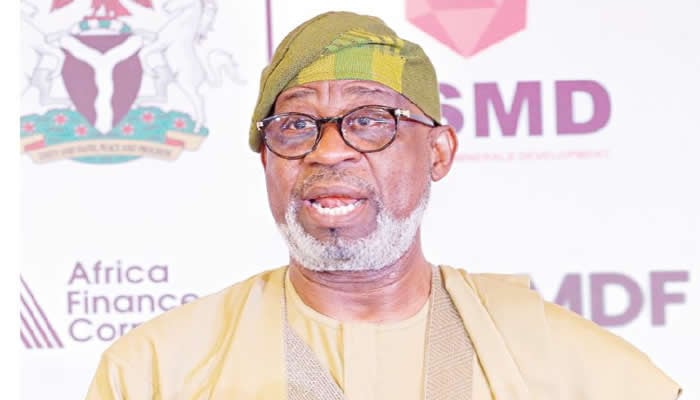The checks on the new nominees come as the tenure of the current INEC Chairman, Prof. Mahmood Yakubu, draws to a close. Yakubu was first appointed by former President Muhammadu Buhari on October 21, 2015 and reappointed for a second tenure in December 2020. By law, the INEC chairman serves a renewable five-year term.
He oversaw two general elections and multiple off-cycle polls marked by both innovations and controversies. During his 10-year tenure, INEC introduced biometric voter authentication and electronic transmission pilots.
However, the systems suffered malfunctions during the last election, drawing criticism over delays and disputed results. Yakubu, who completes his second term in December 2025, is the longest-serving electoral umpire in Nigeria’s history.
According to the source
The Council of State is a constitutional advisory body chaired by the President and composed of serving governors, former heads of state, former chief justices, the Senate President, the Speaker of the House of Representatives, and the Attorney-General of the Federation.
Its responsibility includes advising the President on appointments such as INEC commissioners, the National Population Commission, and the prerogative of mercy.
“They will only offer advice,” a third official in the Presidency told The PUNCH, adding, “The council will not impose anyone on the President because its role is advisory. They will look at the argument in favour of the chosen candidate. However, those names must be presented to the Council of State.”
The source further explained, “In these kinds of appointments, there are often five to six names being considered. There are security checks by the DSS. They will invite them for interviews and check for suitability.
“Most of those putting their names out there…it’s not proper until it is officially confirmed because you’re not the only one being considered. Of course, there are interactions between those nominated and the security people. It is only smart to keep quiet. I can’t mention any names at the moment. In these things, you need to play safe.”
Since the 1993 cycle, Nigeria’s election umpires have come from a handful of zones. The South-East produced Prof. Humphrey Nwosu from Anambra, who supervised the famed June 12, 1993 polls, and later Prof. Maurice Iwu (Imo), who oversaw the 2007 polls.
The South-South produced multiple chairpersons during the transition years. These include Okon Uya from Cross River who served briefly after June 12, Sumner Dagogo-Jack from Rivers state who served as NECON Chairman under Abacha, Justice Ephraim Akpata from Edo State, who oversaw the 1999 transition and Dr. Abel Guobadia from Edo state in 2003.
From 2010 the tide tilted to the North with the appointment of Prof. Attahiru Jega from Kano State (North-West) who oversaw the 2011 and 2015 elections and is widely credited with restoring confidence after the 2007 cycle.
He was succeeded by Prof. Mahmood Yakubu from Bauchi (North-East), who conducted the 2019 and 2023 polls, and expanded the use of biometrics and other forms of tech.
punch.ng
FOLLOW US ON:






































